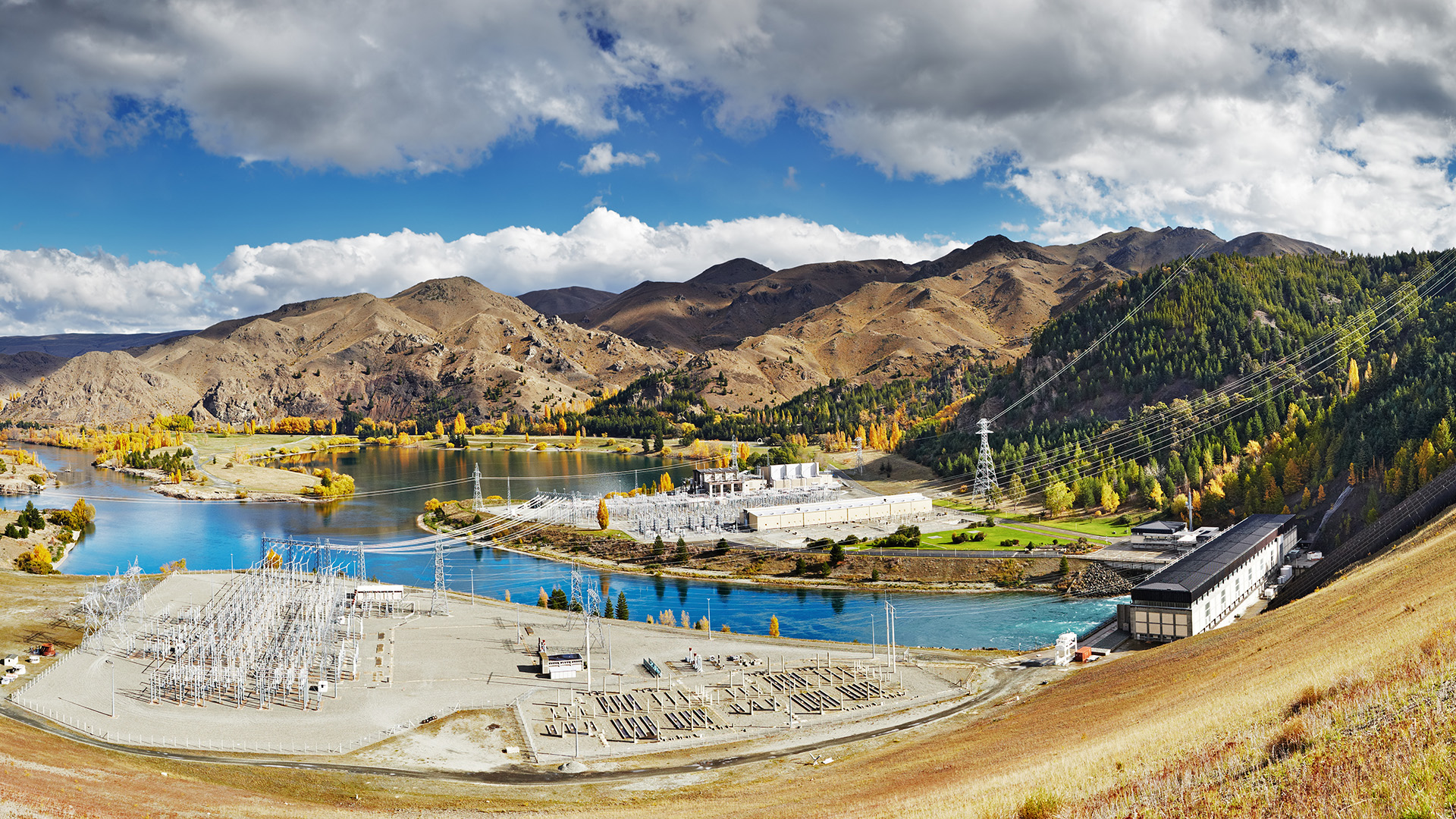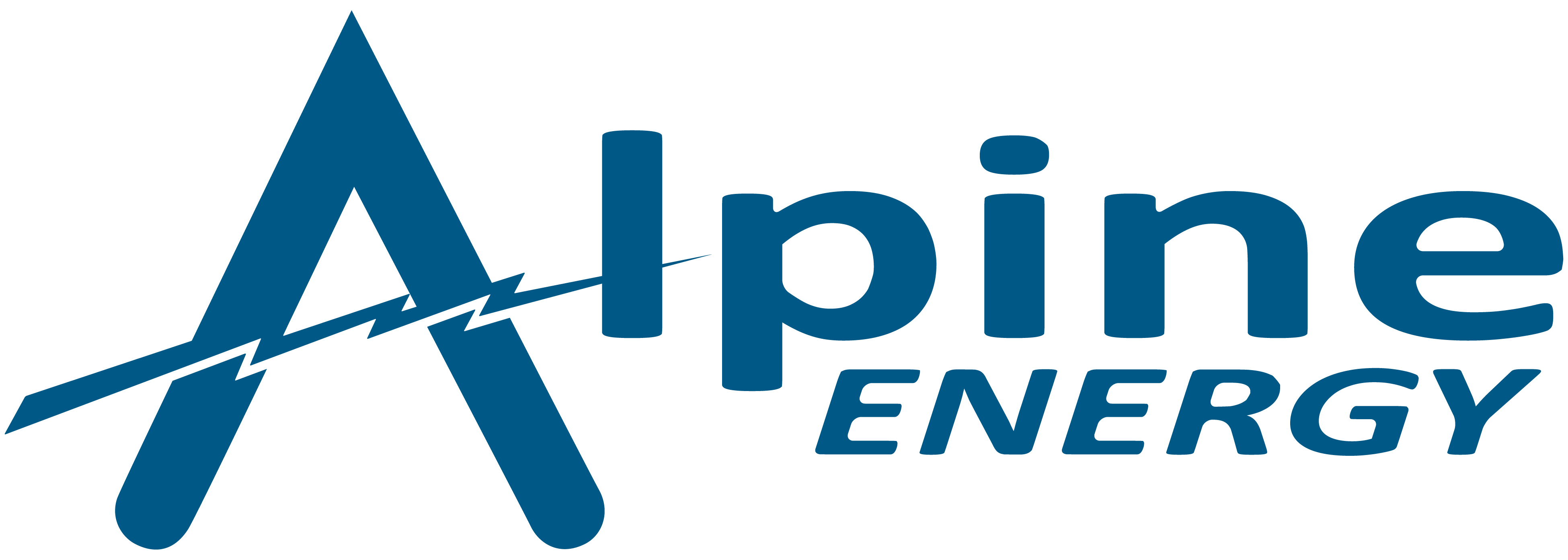
Energy Transition Framework
For us, powering South Canterbury goes beyond just providing electricity – it's about supporting the lives and future of our special region. We have an aging and changing network, and the demand for power is increasing. This creates unique challenges in serving our diverse community, from farmers and food producers to tourism and large industries. Things like new technologies, climate change, and how people want to use energy are changing the way we power our lives.
That's why we've joined the Energy Transition Framework.
Energy Sector Unites to kick start Energy Transition Framework
30 April 2025
Energy sector leaders have come together to officially kick start the Energy Transition Framework, a landmark commitment to working collectively – and urgently – to ensure our energy system remains secure, affordable, and supports a high-growth economy as it transforms.
Nigel Barbour, chair of the Framework, says this marks an unprecedented level of collaboration in response to a once-in-a-generation shift.
“The way we power New Zealand is changing rapidly. That means our energy system must change too. Given what’s at stake, it’s crucial the sector comes together to tackle the key challenges,” said Mr Barbour.
The Framework brings together a diverse group of industry participants, from generators to retailers, lines and distribution companies, and independent consumer and advisory representatives. It will focus on the electricity system and the essential role of gas and other fuels in ensuring resilience and reliability through the transition.
The top priorities are clear: delivering secure, affordable, and abundant energy for New Zealand homes and businesses.
“Aotearoa has an incredible renewable energy advantage, and we need to make the most of it” Mr Barbour said.
“But we also need to plan for when the sun doesn’t shine, the wind doesn’t blow, or the lakes are low. A least-cost, reliable transition is key to keeping the lights on, homes warm, and Kiwi businesses operating at their full potential.”
Mr Barbour stressed the importance of supporting communities and customers through this change.
“We must lift our game to help people understand what the transition means for them. That includes closing the knowledge gap and investing in the smart infrastructure – both physical and virtual – needed to modernise our system.”
He acknowledged affordability challenges lie ahead but said the sector is committing to tackling them head-on.
“These are complex issues that require whole-of-system thinking. By bringing together industry expertise, independent advice, and enabling regulation, the Framework helps us connect the dots and have better conversations about our shared energy future.”
Mr Barbour said one key principle underpinning the Framework was a desire to provide greater transparency on progress the sector was making as well as reducing confusion around energy transition.
“Changing an entire energy system, and the way we use it, is no easy task. It's going to affect all aspects of our life from how we power our homes and businesses to how we get around, so we need to make sure we're giving people the right information to make the right decisions for them.”
Research conducted by one participant found that three-quarters of respondents wanted to know more about how to manage electricity costs, and about half wanted to know more about innovation, customer care, climate change efforts, and community support.
"New Zealanders rightfully want a clear conversation about their energy future. But despite that, only about 40% of people believe they know a fair amount about electricity and gas in New Zealand.”
“We’re individually good at sharing what we’re doing, but we need to get better at talking about the energy system as a whole in a simpler way.”
Further details on the Framework, including the work programme will be released in May on poweringchange.nz
